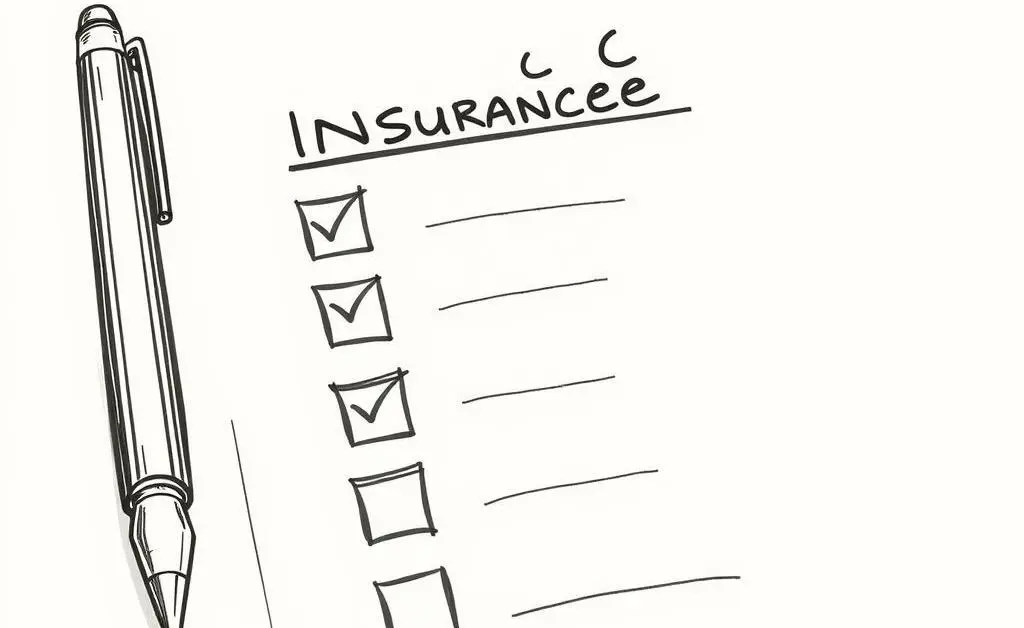When to File an Insurance Claim: Timing Is Everything
Maximize your insurance efficiency with timing know-how. Discover practical insights on when to file a claim.

Have you ever wondered, "When's the best time to file an insurance claim?" It's a question that leaves many of us scratching our heads, pondering the rules and nuances of the insurance world. Let's dive into this often perplexing topic together, unraveling the mystery of perfect timing for your insurance claims.
Why Timing Matters in Insurance Claims
Filing an insurance claim is like making a strategic move on a chessboard. Timing can significantly impact the outcome. Whether it's about maximizing your claim benefits or ensuring a smooth process, understanding when to file is crucial. But keep in mind, the answer isn't always straightforward.
The Practical Side of Waiting: When to Hold Off
There are times when holding off on filing a claim is more advantageous than rushing in. Consider the following:
- Minor Damages: If the repair costs are barely above your deductible, it might be best not to file to avoid potential premium increases.
- Frequency of Claims: Frequent claims can label you as high-risk, potentially causing your premiums to skyrocket.
- Policy Requirements: Some policies have specific time frames or conditions for filing. Always check the fine print.
Imagine your beloved car with a small dent. If it's technically drivable, you might wait a bit, gather quotes, and consider if your claim is worth it.

Bolder Moves: When to File Immediately
Conversely, some situations demand immediate action:
- Significant Damages: Filing promptly can expedite repair processes and financial recovery.
- Legal Requirements: Certain damages, particularly those involving other parties, may need immediate reporting.
- Short Window of Reporting: Policies may have strict deadlines for certain types of claims.
Envision a storm leaving a massive tree branch through your roof. That's your cue for an urgent call to your insurer!

Relatable Anecdote: The Car Fender Story
Meet Alex, an everyday driver with an unusual dilemma. One sunny afternoon, Alex notices a small scratch on their car's fender after a grocery run. It's a pretty minor affair, barely noticeable unless you look closely. Alex ponders over the idea of filing a claim but decides against it to avoid extra premiums. Months later, an unexpected collision forces Alex to file a more significant claim, and surprisingly, the previous scratch is covered too, with a minimal impact on overall costs. Sometimes, time really does tell.
Weighing Your Options
Ultimately, deciding when to file an insurance claim is all about balance between immediate needs and long-term strategy. Consider your circumstances, weigh the pros and cons of filing, and most importantly, understand your policy terms. If in doubt, reaching out to your insurance agent for guidance is never a bad idea.

Conclusion: Your Thoughts?
So, the next time you're faced with the question "to file or not to file," you'll be better equipped to make an informed decision. Have you ever had a close call with insurance timing? What strategies did you use to decide? Let's keep this conversation going in the comments below.




